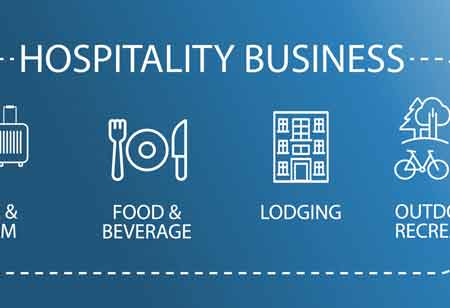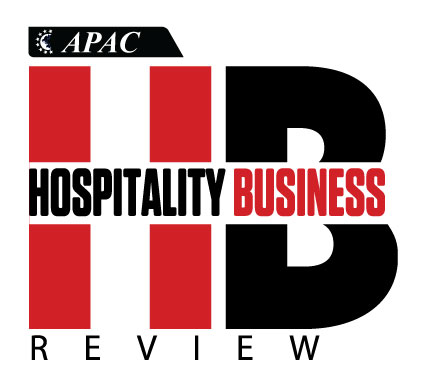Thank you for Subscribing to Hospitality Business Review Weekly Brief
A Synopsis of the Difficulties in Hiring in the Hospitality Industry
Despite the hurdles and restrictions, it is feasible to successfully recruit and hire hospitality experts who possess the appropriate combination of hard and soft talents.

By
Hospitality Business Review | Friday, August 15, 2025
Stay ahead of the industry with exclusive feature stories on the top companies, expert insights and the latest news delivered straight to your inbox. Subscribe today.
Fremont, CA: The hospitality industry is flourishing, with travel and tourism experiencing a remarkable comeback and steady growth after the pandemic. But there are challenges with this progress, particularly in terms of recruiting and retaining outstanding personnel. The hospitality industry has challenges, including significant employee turnover and a lack of skilled workers in hotels and restaurants.
Sourcing and Attracting the Right Talent
Hospitality companies have traditionally battled to recruit applicants with the necessary skills, experience, and personality attributes. They aren't the only ones fighting for this expertise; various other businesses compete for the same pool of possible employees. This competitiveness has been compounded by the long-term repercussions of the COVID-19 epidemic, which caused many hospitality workers to abandon the profession in search of more secure job possibilities.
Combating High Turnover Rates
Another problem in hospitality recruiting is the short employee lifetime; recruiters spend a tremendous amount of work discovering and hiring the best individuals, only to lose them shortly thereafter and resume the process. In 2023 alone, turnover in the hospitality and leisure business is expected to be 79%, significantly more significant than the national average across all industries. Several reasons have contributed to this attrition, but the unpredictable working hours, poor earnings, and physically demanding nature of most industrial positions are at the top of the list.
Addressing the Skills Gap
Aside from the technical abilities required to execute hospitality professions, genuine greatness in this field is achieved via the mastery of soft skills. Empathy, communication, problem-solving skills, and emotional intelligence are all essential for exceptional visitor experiences. However, assessing and measuring these intangible attributes throughout the recruiting process can be problematic. To accurately assess a candidate's potential for soft skills, hospitality recruiters might use novel tactics such as behavioral-based interviews, role-playing situations, and personality tests.
Creating a culture that appreciates and fosters these abilities is also important. Ongoing training programs, mentorship efforts, and a dedication to continuous growth assist hospitality workers in refining their interpersonal skills and staying current with the changing requirements of discriminating customers.
Navigating Seasonal Fluctuations
Recruiters face an additional barrier due to the hotel industry's natural cyclical nature. Employee demand increases during peak seasons such as summer and significant holidays, which necessitates a quick and effective hiring procedure. However, staffing numbers may need to be changed during off-peak hours to reflect lower occupancy rates.







